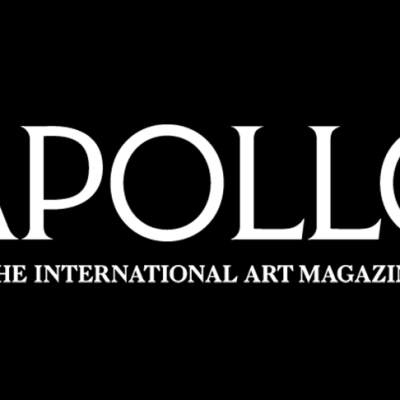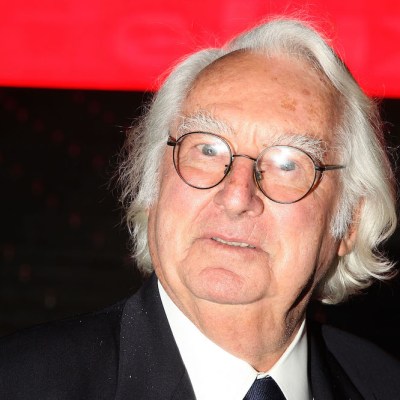Our daily round-up of news from the art world
Helen Legg appointed director of Tate Liverpool | Tate Liverpool has announced that Helen Legg is to be its next director. Legg has been director of Spike Island in Bristol since 2010, having previously worked as a curator at Birmingham’s Ikon Gallery. Over her two decades in the field, she has worked with artists including Anthony McCall, Laure Prouvost, Haroon Mirza and Gillian Wearing and at Spike Island she championed the work of emerging artists. ‘As the gallery enters its fourth decade, Helen will lead the institution into a new era,’ said Tate director Maria Balshaw. ‘Her curatorial achievements and her experience of developing crucial networks and partnerships will help us attract the audiences of the future to Tate Liverpool.’
Cooper Union votes to reintroduce free tuition | The board of New York’s Cooper Union has voted to bolster the arts and engineering school’s finances with the aim of reintroducing free tuition for all, reports the New York Times. The university offered free tuition from its foundation in 1859 until 2014, when a budget deficit forced it to begin charging some of its students. If the planned 10-year fundraising drive meets its targets, the school may return to 100 per cent free admission by 2029.
Convictions in Russian avant-garde forgery case | The Israeli art dealer Itzhak Zarug and his business partner Moez Ben Hazaz have been sentenced by a court in Wiesbaden after they were found guilty of profiting from counterfeit works supposedly created by Russian avant-garde artists. According to the Art Newspaper, attempts to connect the pair with a suspected criminal forgery ring collapsed earlier this year after a number of contested objects were deemed genuine. However, Zarug and Haraz have been found guilty of fabricating the provenance of three works, resulting in prison terms and a €1million fine. Zarug’s legal team say that he will not serve jail time, as he has already spent more than three years in detention since his arrest in 2013.
French court dismisses case on Facebook ‘censorship’ | A court in France has dismissed a case brought by a teacher who claimed that Facebook censored his account after he posted an image of Gustave Courbet’s painting L’Origine du monde. The Paris appeal court had previously upheld a ruling that the plaintiff Frédéric Durand could sue Facebook under French law. However, although the latest decision has concluded that the social media giant was at fault for censoring the image, the evidence produced by the plaintiff did ‘not demonstrate with the necessary rigour that the deactivation […] was due to the posting of the painting’. Facebook is therefore not liable to pay the damages claimed.
National Museum of Scotland to put entire collection online | The National Museum of Scotland has digitised its collections and worked with Google Arts and Culture to produce a virtual tour of its galleries. Some 1,000 objects are now available to view online, while a further 20,000 can be seen as part of the ‘tour’.
Recommended reading | In National Geographic, Maraya Cornell reports on a network of businesses that have between them allegedly manufactured and sold millions of dollars’ worth of counterfeit Native American art and jewellery. In the Observer, Rowan Moore reviews Shahed Saleem’s book The British Mosque: An Architectural and Social History, describing it as ‘measured and informative’. And in the New Statesman, film critic Ryan Gilbey writes about Ruben Östlund’s Palme d’Or-winning art-world satire The Square, which is finally out in UK cinemas this week.



